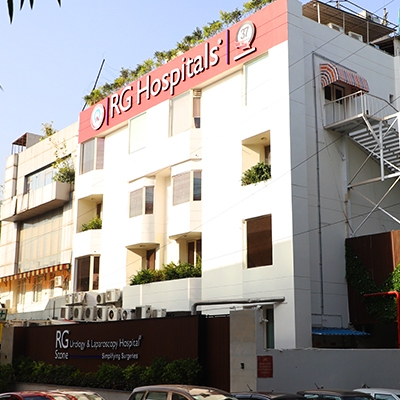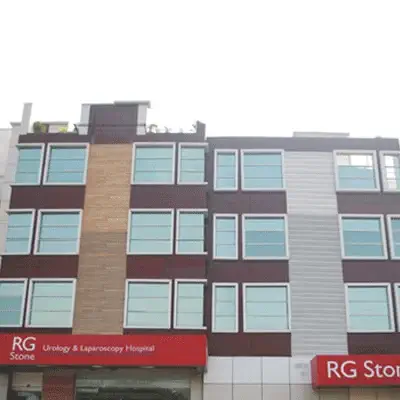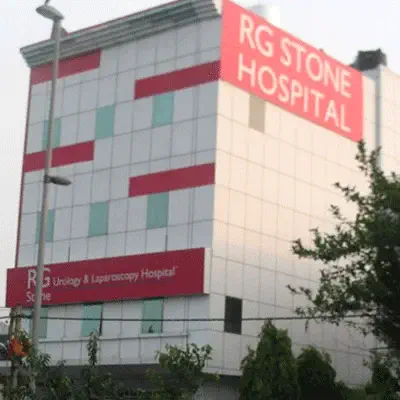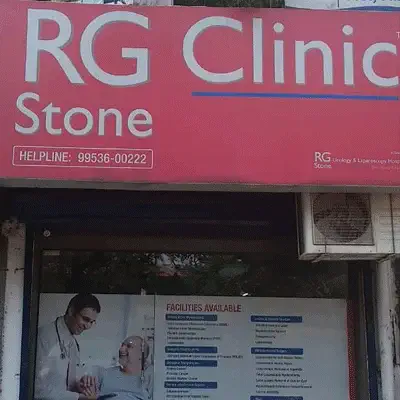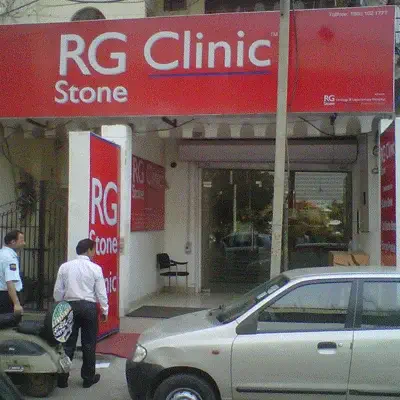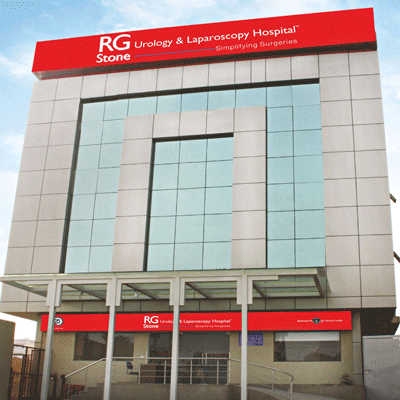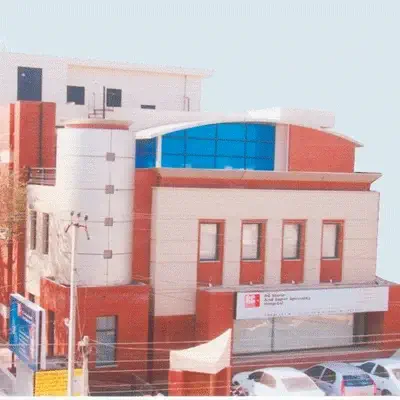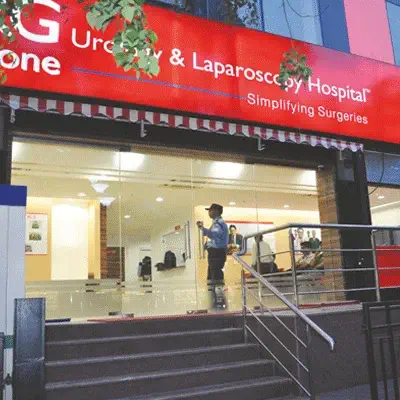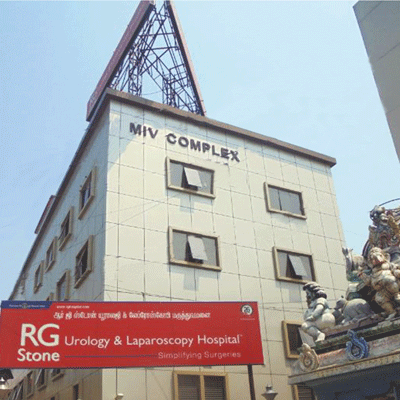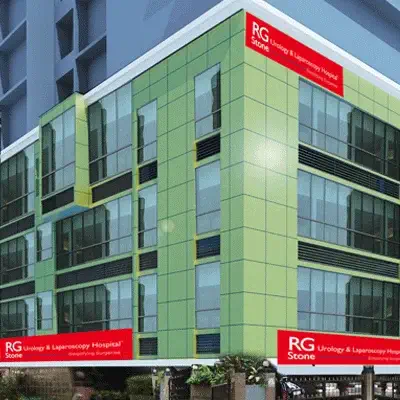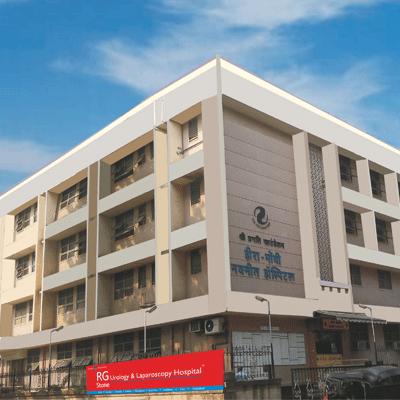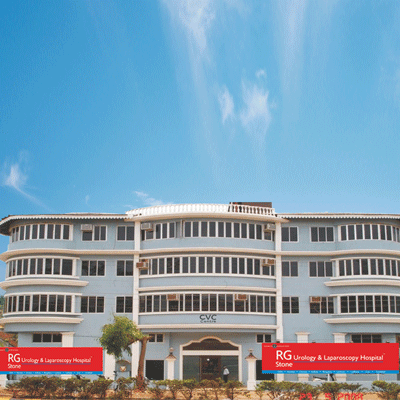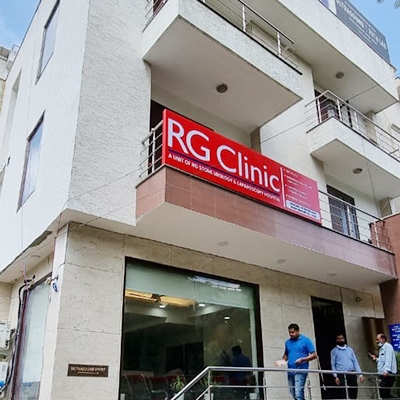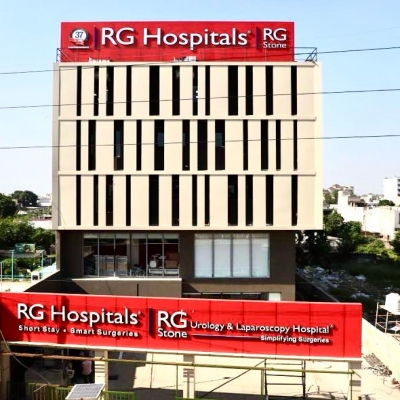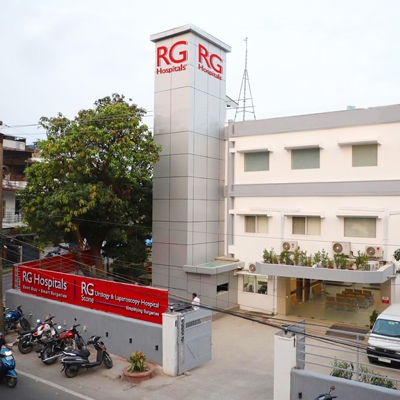Obesity and metabolic syndrome are closely linked conditions that significantly increase the risk of various health problems, including heart disease, diabetes, and stroke. Obesity is characterized by excess body fat, while metabolic syndrome involves a cluster of risk factors, such as high blood pressure, high blood sugar, excess abdominal fat, and abnormal cholesterol levels. Both conditions often result from poor lifestyle choices, including unhealthy eating and lack of physical activity, and require integrated management strategies to reduce health risks.
Procedures & Interventions
Bariatric surgery, specifically gastric bypass, is a popular weight-loss surgery that involves reducing the size of the stomach and rerouting the small intestine. This limits the amount of food the stomach can hold and reduces nutrient absorption, leading to significant weight loss. It is often recommended for individuals with severe obesity and those who have not succeeded in losing weight through diet and exercise.

Bariatric surgery, specifically gastric bypass, is a popular weight-loss surgery that involves reducing the size of the stomach and rerouting the small intestine. This limits the amount of food the stomach can hold and reduces nutrient absorption, leading to significant weight loss. It is often recommended for individuals with severe obesity and those who have not succeeded in losing weight through diet and exercise.





Team of Excellence
Behind every recovery story at RG Hospitals is a team of exceptional doctors whose passion for healing and innovation continues to transform healthcare and redefine patient outcomes.
Find a DoctorLooking for an Expert
RG Hospitals is proud to be the home of some of the world's most distinguished doctors.

Patient Stories
View AllPatient Testimonial | Commitment To Care
Treated by Dr. Manoj Gupta , RG Stone Hospital, Dehradun
- All Locations
- New Delhi
- Haryana
- Punjab
- Kolkata
- Chennai
- Mumbai
- Goa
- Uttar Pradesh
- Uttarakhand


